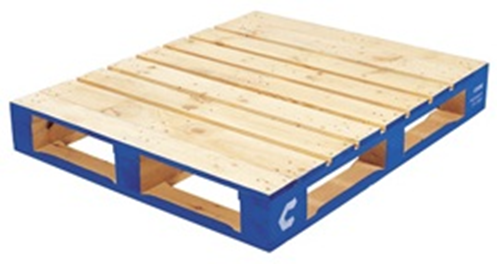Floor fixings are essential to ensure the stability & safety of storage racks
- Keith D Goodfellow (SARI)

- May 6, 2020
- 2 min read
Updated: Sep 25, 2023
Pallet racking should be installed on a solid stable base that provides adequate support and anchorage for the floor plate and fixings.
The inspection should check fixings are fitted according to the guidelines applicable at the time of fittin - See notes below. The fixing should be tight to the baseplate. If they loose, damaged, or missing rectification is required.
Single rows of racking should have suitable floor fixings to every foot plate.
For back to back racks installed before 2010:
o Where sufficient row spacers are present and a height to depth ratio does not exceed 6:1, only the perimeter uprights need be floor fixed.
o Where the height to depth ratio exceeds 6:1 but does not exceed 10:1 all uprights require floor fixings.
o Where the height to depth ratio exceeds 10:1 but does not exceed 20:1 each frame should be restrained by connections to other substantial structures providing that they are capable of providing this support. This condition will be satisfied if the rack is connected at the top to an adjacent double-sided rack frame.
The 2010 SEMA guidelines revises the requirement for floor fixings and now requires floor fixings to all footplates in back to back racks. This applies to racks installed from 2010 onwards but is not retrospective.
Floor fixings should be designed to carry a shear force of 5Kn and a tensile force of 3Kn. Providing that the fixings satisfy these criteria then they would satisfy the SEMA Code. These fixings should be applied through the base plate of the upright and be capable of resisting the anticipated horizontal shear and vertical uplift forces.
Contact us if you like to book a racking inspection.




Comments